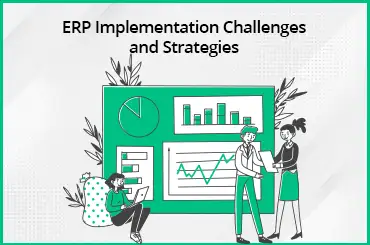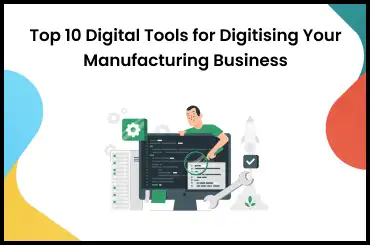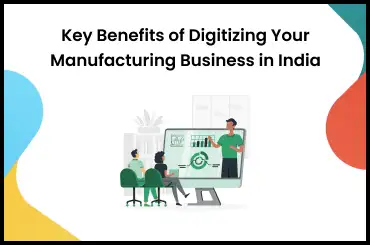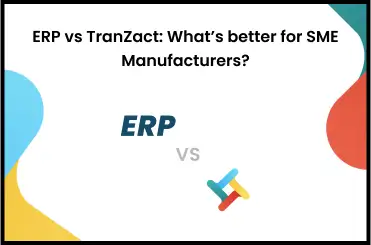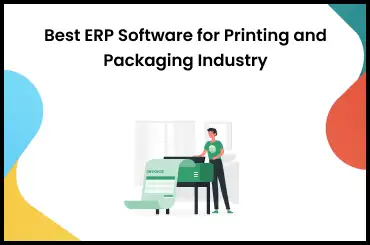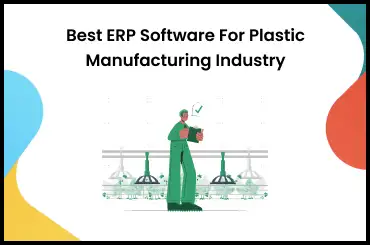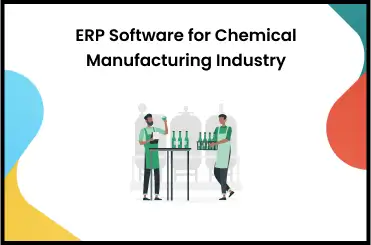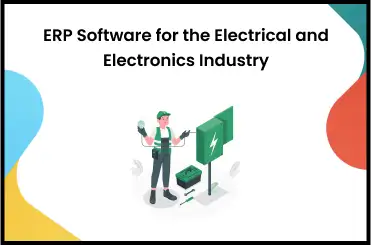ERP for nonprofit organizations plays a crucial role in the management of the organization's everyday operations. The ERP demands of nonprofits are not less demanding simply because they do not deal with large quantities of inventory or require complicated material planning runs.
Each nonprofit sector is likely to have its own specific requirements due to the diversity of its business strategies, membership offerings, funding opportunities, and operational complexities. Unlike municipal and governmental agencies, non-profits in the fields of education and healthcare may have quite distinct processes.
Most out-of-the-box enterprise resource planning (ERP) systems aren't a good fit for non-profits since they lack built-in functionality for grant and fund accounting. Let's see the intricacies and requirements of ERP for nonprofit organizations.
How to Choose the Right ERP System for Your Nonprofit
It might seem daunting to choose a software package that will serve your charity organization effectively from the abundance of options available.
Here are some guidelines for determining which is the most suitable ERP for nonprofit organizations.
What is your purpose?
Before selecting an ERP system, understand your organization's goals and impact. Assess your humanitarian work, customer assistance, geographical focus, and expansion plans. Mapping processes can reveal insights into the right ERP choice, accounting for project management, donor management, and human resource complexities in nonprofit organizations.
Why do you want to use this application?
Certain pieces of data and information about a company's activities and structure will inevitably prove more crucial than others. You can more precisely specify software needs after you have a clear view of how your people and processes work and interact with one another. Donor management software is a must for certain NGOs, but not all. It's important to obtain the features you need without overspending on extras you won't use.
ERP Systems: Why Are They Necessary for Non-Profits?
The following reasons highlight the need for ERP systems for non-profit organizations:
Implementing a single system across the board
The components of enterprise resource planning (ERP) software include all aspects of running a business, from human resources to marketing and sales to customer relationship management and accounting. The elimination of separate software purchases and updates simplifies matters for each of your non-profit organization's departments. It's more affordable, as well. And because ERP software is modular, more features may be added or removed as necessary. It's also possible to hire a company to create specialized modules for your business.
Enhanced efficiency
When a company adopts a single software platform across the board, it immediately boosts internal communication and transparency, both of which have a positive effect on output.
Your organization as a whole will be more productive as a result of improved department-to-department communication and streamlined processes.
Suitable fit with your existing system
Cloud-based ERP software and on-premises ERP software are both available for nonprofits. ERP programs that run in the cloud save and retrieve data online. Traditional enterprise resource planning software necessitates the setup of a hard drive and an office environment. The best ERP for nonprofit organizations for your business will depend on your unique requirements and purpose.
Improved reporting
It will be much simpler to establish and report on the status of your fundraising initiatives now that all departments are using the same software to capture their data. Your nonprofit's Board of Directors and other key volunteers will appreciate how simple it is to access and read reports.
Enhanced safety
The ERP software you use provides a secure environment for your data. You may make and save backups of your data in case of a server or hard disc failure. ERP programs provide a transparent audit record of every activity, including all transactions. You may put constraints on your data to keep it honest, uniform, and safe.
Considerations for Picking an ERP System
The best ERP software for nonprofit organizations is extremely adaptable and may be used in any situation.
Some of the more conventional and sophisticated components of an ERP system are outlined below.
Managing the supply chain
Get realistic price quotes from vendors, and monitor your inventory as it makes its way through the supply chain. Gain complete command of your stock by balancing out your supply and demand, scheduling your transport, and organizing your distribution.
Management of finances and accounting software
Make reliable financial reports and disseminate them promptly. Manage cash flow and keep tabs on outgoing costs in real-time.
Support for customers
Take charge of all communications with potential and current clients. Track the progress of fresh leads as they enter your sales pipeline.
ERP Cost for Nonprofit
The cost of implementing ERP modules for nonprofit organizations can vary depending on several factors. These factors include the size of the organization, the complexity of its operations, the selected ERP vendor, and the desired modules and functionalities.
Nonprofits typically need ERP solutions that can handle donor management, fund allocation, financial reporting, and compliance tracking. While some ERP vendors offer discounted or specialized pricing for nonprofit organizations, it is crucial to consider the initial implementation costs, ongoing maintenance fees, training expenses, and potential customization needs.
The requirements of non-profit organizations are distinct. For this reason, NGOs need vendors with strong non-profit-specific competencies. Due to the necessity for bespoke development and error-prone add-ons, using an ERP system for a non-profit organization can be expensive. It's important to check system references, budget fitment, and specific functionalities before adopting an ERP for nonprofit organizations.
FAQs on ERP for Nonprofit Organizations
1. Why do nonprofit organizations need ERP software?
Nonprofit organizations need ERP software to efficiently manage their operations, streamline processes, and enhance transparency. ERP systems help nonprofits with tasks such as donor management, fund allocation, financial reporting, compliance tracking, and program management.
2. How to pick the right ERP program?
Identifying the best enterprise resource planning (ERP) software requires thinking about your digital requirements and budget. Make sure the software you select is intuitive and comes from a reliable developer.
3. Why are ERP systems important?
Enterprise resource planning (ERP) systems are like "air traffic control" for organizations since they collect and analyze all of a company's data in one place. Without an enterprise resource planning (ERP) system, individual departments often develop siloed data management structures and software systems. However, enterprise resource planning (ERP) systems offer a unified, user-friendly interface that facilitates information sharing and the creation of company-wide solutions between all departments.








